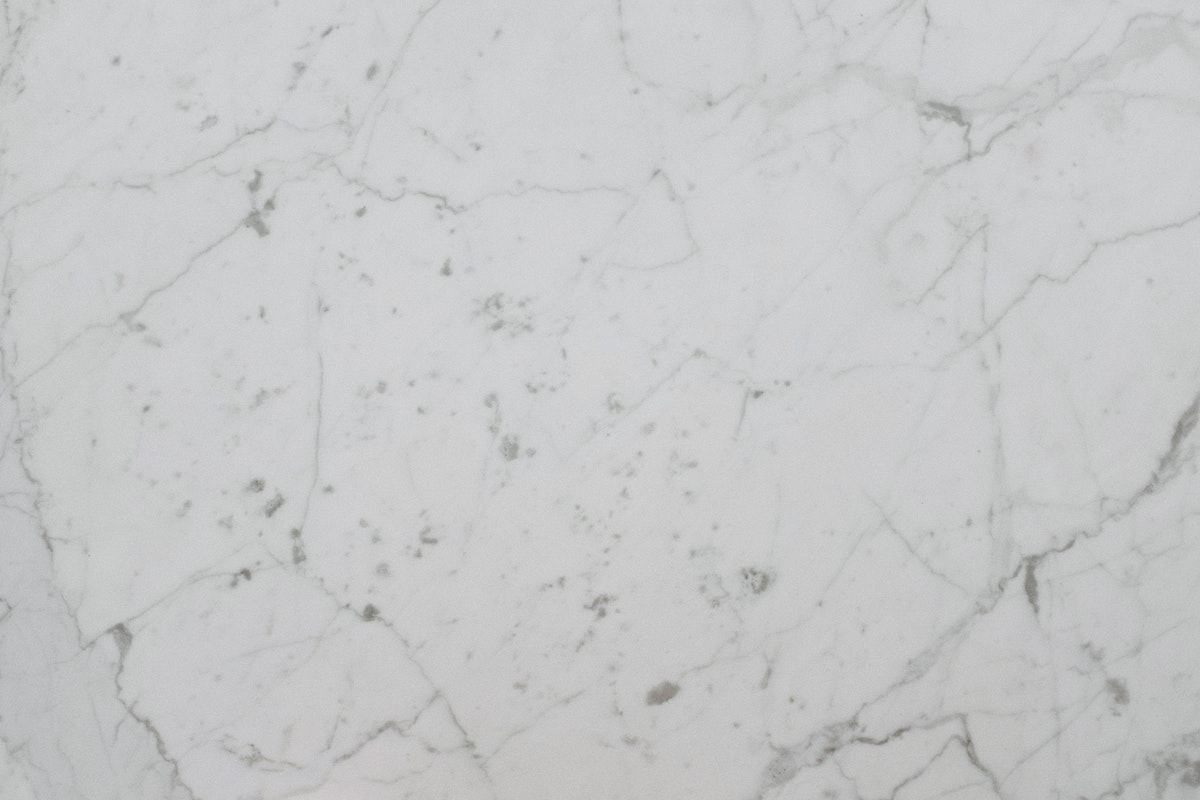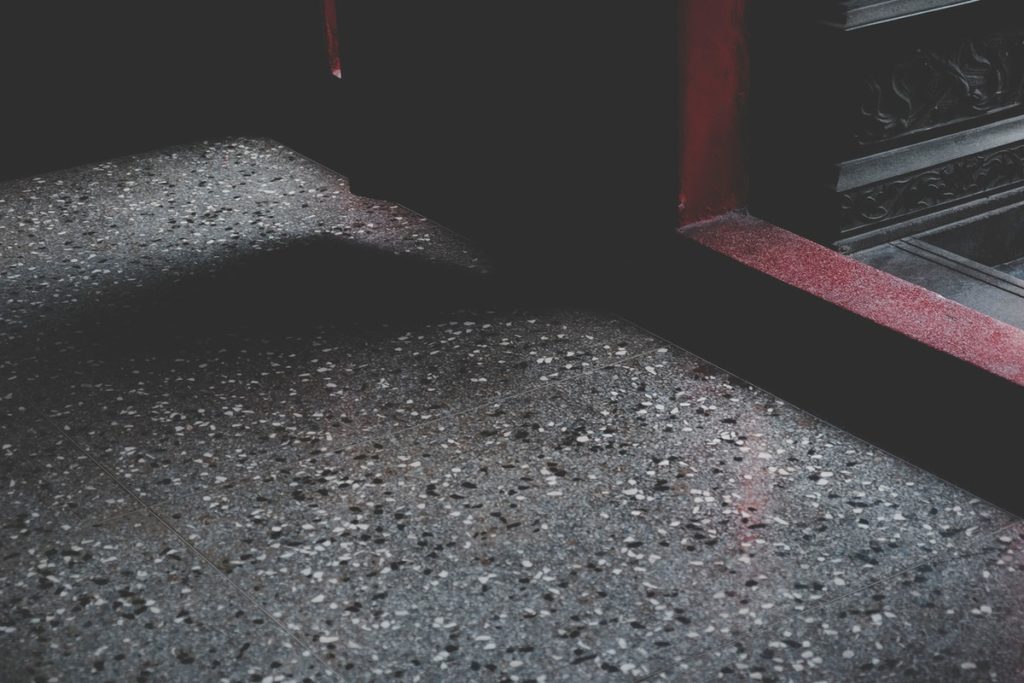Though durable, stone floors are prone to damage from environmental elements and can be permanently stained. As such, it is essential to seal your stone floors. You have several options for the sealant of your floor at different stages. You will need an initial-use chemical sealer when you first lay a stone floor to ward off stains that might infiltrate it. Regular sealers are re-applied annually to keep your floor looking good while restorative sealers improve its look.
Buffing terrazzo floors is essential, but it is not all it takes to keep them looking good. Apply water or solvent-based penetrating or coating-type sealers to such floors, as well. When choosing a sealer, you should base your pick on the qualities of the sealer. The following are the crucial attributes that should inform your choice of a stone floor sealer.
Breathability
Natural stone should be allowed to breathe so that it enables vapor and moisture transmission. Any stone sealer that inhibits the breathability of stone will cause its eventual deterioration and lead to discolored floors. Breathable stone sealers allow the passing of vapor through floors but repel liquids. In the past, the breathability of a sealer would only manifest after a 30-day curing period. But now, stone sealers are breathable within 48 hours after their application.
Chemical Resistance
Most floor cleaners nowadays are chemical-based. As such, your sealer should be resistant to the effects of alkaline and acid-based cleaners. This ensures the durability of your sealer and floors and allows you to disinfect them if need be.
Freeze-Thaw Stability

Stone is susceptible to expansion and contraction that come with temperature changes. Without protection from freeze-thaw cycles, stone floors will crack and open up their interiors to a range of destructive elements. The sealer you choose should thus feature freeze-thaw stability. This way, the sealer will not only remain intact during temperature changes after installation but also while it is being applied. Without free-thaw stability, a sealer is quickly compromised.
Slip Resistance
Stone floors undergo different finishes to boost their looks. Slip resistance is an essential element of the sealer you should choose because some of the finishes leave the floors quite slippery. A slip-resistant sealer is your best choice to boost the traction of your stone floors without affecting their looks. This minimizes your risk of facing lawsuits for slip-fall accidents.
UV Resistance
You should settle only for UV-resistant sealers for floors in direct sunlight. These are not just outdoor floors but also indoor corridors and surfaces near windows. Without UV resistance, sealers will deteriorate and turn yellowish with continued exposure to sunlight.
There are several sealer brands on the market today. Many flooring experts and property owners settle for renowned brands or the most affordable brands available. But without the above elements in your stone floor sealer, you will only pick an ineffective product irrespective of its manufacturer or price. Also, make sure to consider selecting between a light or dark finish for your sealed stone floors to enhance their appearance.


